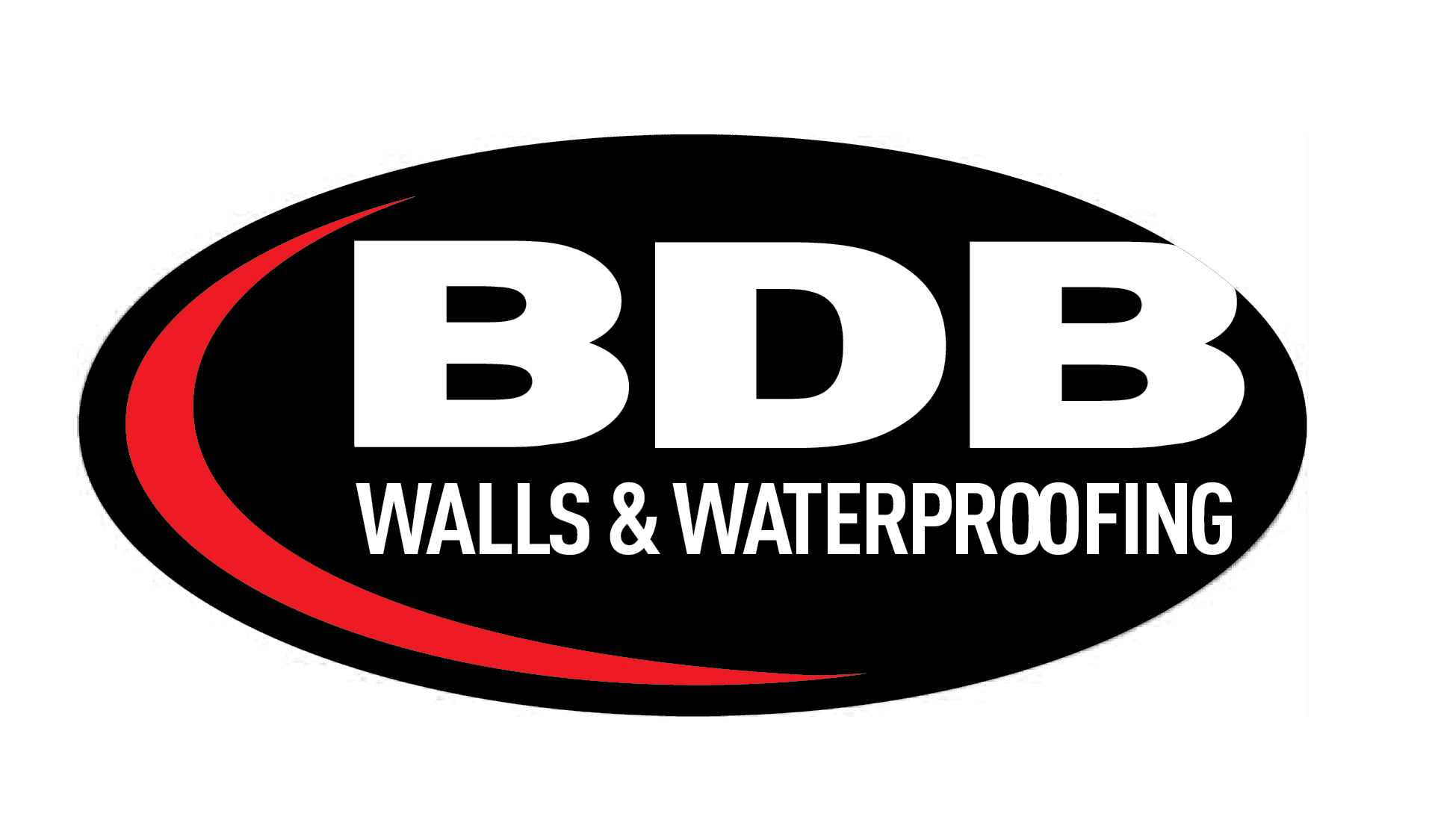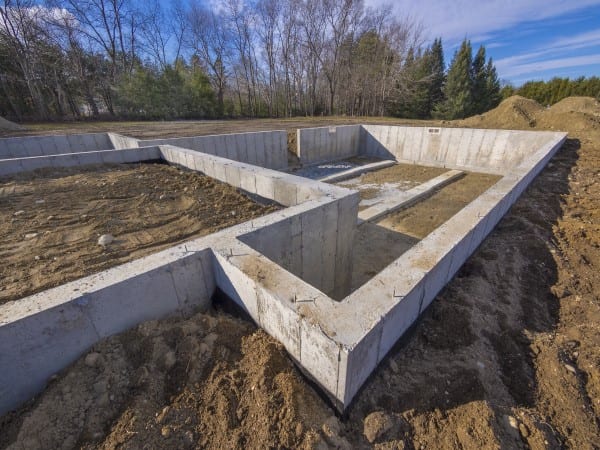There are usually three types of foundations that you will come across as a homeowner. And it is important that homeowners can identify and properly care for their foundation. If you are building, it’s good to know what type of foundation would be best for your future home. Today we tackle the different foundation types along the pros and cons of each.
Slab Foundation
Slab foundations are one of the most popular foundation types and most basic. If your home sits close to the ground on a solid slab of concrete – it is a slab foundation. These are often sought after as a relatively inexpensive option with minimal problems – this foundation even does great with weight distribution that limits settling on soil that is unstable.
Pros:
- Low Maintenance – This is the foundation that requires the least bit of maintenance – meaning you save on the wallet short-term and long-term.
- Inexpensive – If budget is your top priority, concrete slab foundation is a good choice as it is relatively inexpensive for a quality product
Cons:
- Potentially Expensive Foundation Repair Needs: Your plumbing system will be buried under your slab – so if something goes wrong with plumbing, the concrete slab will be broken through in order to access plumbing.
- Bad Weather: Slabs do not protect you or your family from inclement weather.
Raised Foundations (Crawl Space Foundation)
Unlike the concrete slab, a raised foundation lifts your home a few feet off of the ground. However similarly, footing is poured for a raised foundation just like a concrete slab. Blocks are then laid to make support walls or your home.
Pros:
- Utilities are Accessible – Unlike the slab foundation, the raised foundation solves the problem of inaccessible utilities. You are given access to your home’s piping, ductwork, etc. making repairs less costly and easier to get to.
- Floors – The first floor actually tends to be warmer as the crawl space is conditioned – unlike a slab foundation.
Cons:
- Moisture: No matter how you defend your raised foundation, there is a chance for fungi and mold to grow within the crawl space.
- Bad Weather: Like the concrete slab, raised foundations offer little in the way of protection from bad weather
Basement Foundations
Basement foundations are more common with homes in our area. Basement foundations are 8 ft.+ holes with a concrete slab. The walls are (normally) poured concrete walls. They used to be built with cinder blocks, but that would cause structural failures and leaks over time. Poured concrete walls have eliminated those specific issues.
Pros:
- Protection from Storms: Basements provide great shelters for terrible weather, including a great anchor for your home.
- Repair Access: Technicians have easily available access to any repairs needed to be made in your home. The alternative being crawling into a crawl space or digging up a slab.
- More Square footage: One of the best advantages to having a basement foundation is the additional square footage the homeowner gains with a lower cost per square foot.
Cons:
- Foundation Cost Increases: Pouring a basement foundation is the most expensive foundation type out of the 3 we talk about today. The costs continue to increase if you choose to make the basement a livable space in your home.
- Flooding Potential: Sump pumps are vital for a basement to protect it from flooding. Our recommendation is to purchase a sump pump, sump pump battery backup, and a generator to prevent/eliminate the threat of flooding.
Contact Us
These three types of foundations may be different, but they all have the potential to require one type of foundation repair or another. If your foundation, no matter what type you have, is showing problems we are here to help. Contact BDB Waterproofing today.

